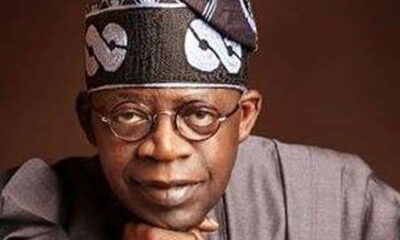Educational Issues
How Nigeria Is Losing The Fight With Education -By Abdulsalam Oniyere
Additionally, the curriculum and teaching methods have not kept pace with the evolving needs of students and the job market. There is a need for a more modern and practical approach to education, focusing on critical thinking, problem-solving, and relevant skills for the 21st-century workplace.

Nigeria’s struggle with education can be attributed to several key factors that have hindered its progress. Some of the issues that contribute to the continued decline of the quality of education in Nigeria include the lack of adequate funding and resource allocation to the sector; insufficient investment in infrastructure; lack of adequate teacher training and shortage of educational materials.
Furthermore, Nigeria faces a challenge in terms of access to education. Many children in rural areas, especially girls, are unable to attend school due to poverty, cultural barriers, and inadequate transportation. This not only limits their personal development but also hampers the country’s overall educational attainment.
Another contributing factor is the inadequate training and motivation for teachers. Low salaries, limited professional development opportunities, and high teacher-student ratios have all combined to demotivate teachers, resulting in unqualified or underqualified teaching workforce. This directly impacts the quality of education delivered to students.
Additionally, the curriculum and teaching methods have not kept pace with the evolving needs of students and the job market. There is a need for a more modern and practical approach to education, focusing on critical thinking, problem-solving, and relevant skills for the 21st-century workplace.
Moreover, corruption and mismanagement within the education system have exacerbated Nigeria’s education crisis. Diversion of funds meant for education, fraudulent practices in hiring teachers, and irregularities in examination processes have further eroded public confidence in the education system.
To address these challenges, Nigeria needs comprehensive reforms. This includes increased government funding for education, prioritizing teacher training and recruitment, improving infrastructure, and implementing a curriculum that emphasizes practical skills. Additionally, efforts should be made to promote gender equality and create awareness about the importance of education across all segments of society.
It is vital for Nigeria’s government, civil society organizations, and international partners to collaborate and prioritize education as a fundamental right and key driver of national development. By doing so, Nigeria can begin to address its educational shortcomings and pave the way for a brighter future for its citizens.



















